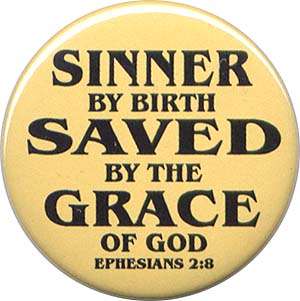J R R Tolkein
In art and life, noted C S Lewis, we are always trying to glean from successive moments something beyond those moments. Children who relish the opportunity to hear a story over and over again understand this, that it is the 'quality' of something unexpected, not the fact of it, which truly delights us. Like Tom hearing the clock strike thirteen (Tom's midnight garden), we know that such a point opens a window to something astonishing, something which deeply resonates with our 'sense of wonder' and meaning with regards to existence.
This week saw the release of some research into our reality that takes us 'beyond the moment'.
Andrew Sibley at the Uncommon Descent blog reports:
Researchers from Oxford’s Centre for Anthropology and Mind have found evidence that children are predisposed to believe in God or a supreme being. This is because of a natural assumption that everything in the world exists for a purpose and was therefore created.
Dr Justin Barrett was reported in the UKs Daily Telegraph as saying that young children appear to have an inherent faith even when it has not been taught to them by family or school. Even children raised on a desert island without any external influence would start out with a belief in God.
Commenting on the BBC Radio 4’s Today programme he said
“The preponderance of scientific evidence for the past 10 years or so has shown that a lot more seems to be built into the natural development of children’s minds than we once thought, including a predisposition to see the natural world as designed and purposeful and that some kind of intelligent being is behind that purpose…if we threw a handful on an island and they raised themselves I think they would believe in God.”We have lived through a time when there has indeed been much "surprise" - where the developing image of our universe is not of a place which chaos and chance have thrown together to remain remote and transient, where life is a mere spark that will simply die. Life, in all it's balance and complexity, is here by design - and it is the quality of this truth which urges us to return to the true source of life and wisdom, the one Paul describes as 'made plain' by what we know and understand (Romans 1).
Christmas is a time which invites us, like the children in a nativity play, to learn still more about the 'quality' of such a surprise - that the very wisdom and nature of God is not merely something remotely observed in our studies via microscope or telescope, or even something we all deeply recognize for our earliest days - it is a reality that was 'made flesh' amongst us in the person of the Lord Jesus Christ.
The great 'story' that we are all a part of, is imbued with a marvelous reality - there is a conclusion to this saga that brings eternal purpose, if we but open our eyes and like a child, step into a deeper world.




